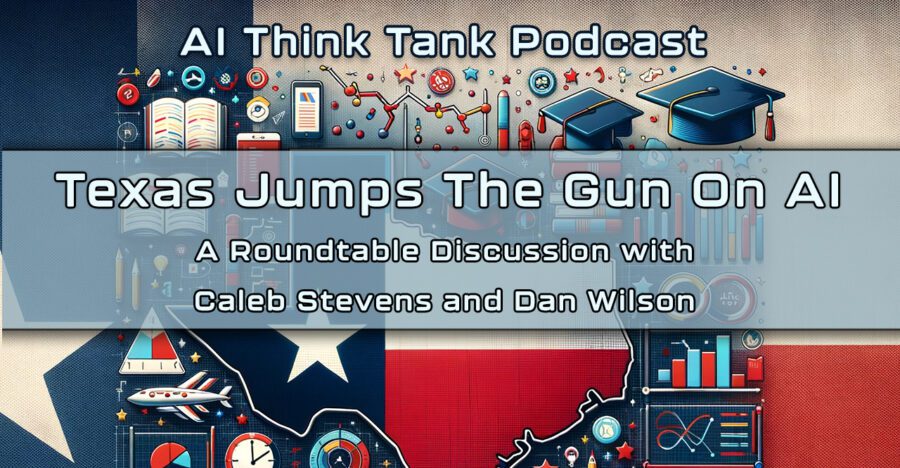
Texas Education Agency’s AI Grading System: Implications, Biases, and Ethical Concerns
In recent times, the Texas Education Agency’s AI grading system for STAAR tests has caused a great deal of debate. The use of AI technology in education, specifically for grading purposes, brings up many implications, potential biases, and ethical concerns. The following analysis unpacks these concerns and provides actionable insights for improving AI integration in education.
Understanding the Controversy: AI Grading System for STAAR Tests
The Texas Education Agency has made a bold move in integrating AI technology into their grading system for the STAAR tests. Advocates for the system believe that this will standardize the grading process, eliminate human error and bias, and expedite the results. However, critics are fearful that it might introduce AI bias, lack the human touch, and thereby compromise fairness and accuracy in grading.
Potential Implications
The use of AI for grading poses significant implications for both students and educators. For students, AI grading can be a double-edged sword. On one hand, it could provide quicker results and potentially eliminate human bias. On the other hand, it carries the risk of misjudging students’ capabilities as it lacks the contextual understanding and empathy of a human grader.
Potential Biases
While AI is often seen as an unbiased grader, it is only as unbiased as the data used to train it. AI models can unknowingly perpetuate existing biases in the data, which might result in unfair grading. Also, AI grading runs the risk of penalizing creative or unconventional answers that deviate from the established norm.
Ethical Concerns
Ethically, the use of AI in grading raises questions about transparency and accountability. Parents, students, and educators might question who or what is ultimately responsible for evaluation decisions. Furthermore, it brings up concerns related to students’ data privacy and its potential misuse.
Insights and Actionable Advice on Improving AI Integration in Education
Experts believe that the potential risks brought up by the use of AI in grading can be considerably minimized with improved integration practices. The following are a few actionable insights:
- Transparent AI Development: Developers should ensure that the AI system’s grading criteria are transparent and easily understandable to educators and students.
- Input from Educators: Teachers should have a significant input in the development process to ensure the AI system aligns with their own teaching and grading strategies.
- Audit Trails: A “paper trail” of the grading decision process could help hold the AI system accountable for its evaluations.
- Data Privacy Protections: Implement strong data privacy protections to safeguard students’ sensitive and personal information.
AI has great potential to revolutionize educational systems by standardizing the grading process and eliminating human error. However, careful consideration of its ethical implications and potential biases are of paramount importance to ensure its success and acceptance amongst students, parents, and educators.
